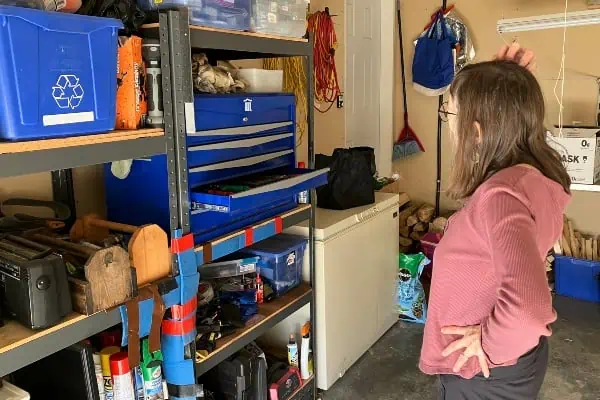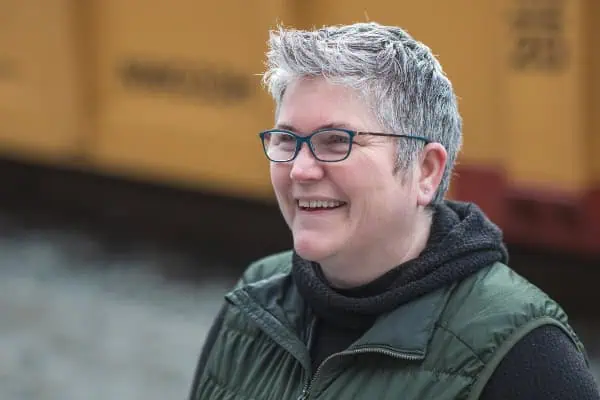We live in interesting times. International political and energy crises challenge the current North American skill-set. We must ask, ultimately, what is more useful — trapping and harvesting or operating a photocopier?
Faced with uncertainty, people seek ways to become more self-sufficient. Communities are relearning traditional skills, including carpentry, through experiments in cob, sod, wood, reclaimed materials, and off-the-grid sites.
Before the specialization of labour and colonization, home building and repair knowledge was the norm. But these days, one can purchase a sink and pay a plumber to install it — then live with that sink without ever knowing how it works, what the components are, or what to do when it clogs —except to call a plumber.
With co-sponsorship from Yukon College, Yukon Housing offers a free course for those about to renovate or build a home. It covers everything from land selection to costing and contracting in 12 sessions of three hours each. The Self-Help Build Course, originally developed in Alberta in the late 1970s, has been offered by Yukon Housing since 1999.
Today’s version was modernized by Yukon Housing Community and Industry Partnering (CIP) director Allyn Lyon.
Unfortunately, the course just finished last week; fortunately, Yukon Housing is offering the course again at the beginning of next year. There’s value in marking it down on the list of things to do. CIP technical officer Roger Hanberg taught the course this year. He says the information lays out value of designing your house as a system.
A journeyman since 1975, Hanberg moved to Dawson City 25 years ago to build the Downtown Hotel annex and then stayed here in the Yukon. He brings that background to the self-help course and teaches that “to guarantee optimum performance” of a house, it takes the alignment of all the mechanical systems.
The course is in-depth and knowledge-rich, with students that range from people working in the trades to people aiming to live off grid, to people trying to arm themselves with enough information to be able to speak the same language as their plumber.
“It’s designed to allow people with no construction experience the path to self-build,” Hanberg says. “The knowledge gained will save you time, money, and remove the anxiety associated with the largest financial investment of your life.”
Also geared for renovation planning, the course teaches how to anticipate and plan for hidden costs such as heating a winter build, material delivery fees and the cost of blueprints.
“An important part of the course is how to build a super-efficient house affordably,” explains Hanberg. “Indoor air quality is also studied, showing students how to design healthy, sustainable homes, maximizing local building methods to build a dwelling that costs a third or less what an average home costs to heat.”
In addition to providing training and education, Hanberg and his colleagues in the CIP department also advise on indoor air quality issues such as mould or contaminants, conduct random testing and nationally certified energy assessments. Within the CIP department, Hanberg also produces videos on matters such as heat recovery ventilators, super-insulation and both the technical and social aspects of YHC’s collaboration with Habitat for Humanity.
Although the Self-Help Build Course has already concluded this year, Yukon Housing Corporation continues to offer information, statistics and advice, for free, throughout the year. For more information go to www.Housing.yk.ca.




